Table of Contents
Introduction to Portable Washer and Dryer Laundry
In the realm of household appliances, the portable washer and dryer stand out as revolutionary solutions that have transformed the way people approach laundry tasks. Offering convenience, efficiency, and flexibility, these compact units have gained popularity among urban dwellers, small-space homeowners, RV enthusiasts, and anyone seeking a convenient laundry solution. In this comprehensive exploration, we delve into the world of portable washers and dryers, examining their features, benefits, and impact on modern living. Price-$129.99
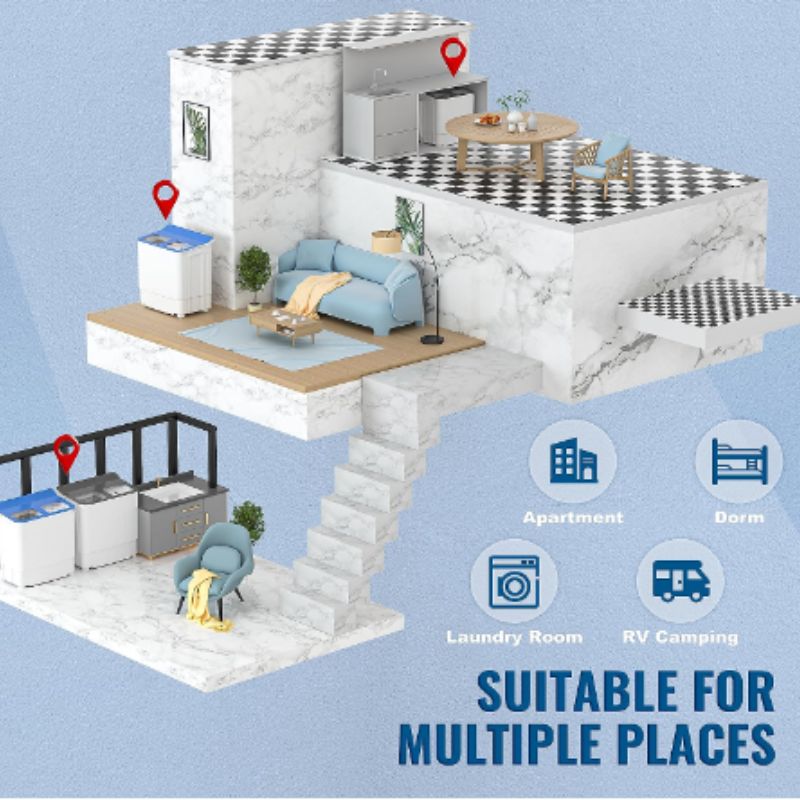
1. Understanding Portable Washers and Dryers:
- Definition and Functionality: Portable washers and dryers are compact, standalone units designed to provide laundry capabilities in constrained spaces. Unlike traditional laundry appliances, they do not require fixed plumbing connections and can be easily transported.
- Types of Portable Units: There are two main types of portable washers and dryers: top-loading and front-loading. Similarly, portable dryers come in vented and ventless variations, each offering unique advantages depending on the user’s needs and space constraints.
2. Advantages of Portable Laundry Appliances:
- Space-Saving Design: One of the primary benefits of portable washers and dryers is their compact size, making them ideal for apartments, tiny homes, RVs, and other small living spaces where traditional laundry setups are impractical.
- Versatility: Portable units offer versatility, allowing users to place them in various locations, such as kitchens, bathrooms, closets, or even outdoors. This flexibility enables individuals to customize their laundry setup according to their preferences and space constraints.
- No Installation Required: Unlike conventional portable washers and dryers, portable units do not necessitate complex installation processes or permanent plumbing connections. Users can simply plug them into a standard electrical outlet and connect them to a water source, facilitating easy setup and relocation.
- Energy and Water Efficiency: Many portable washers and dryers are designed with energy-efficient features, consuming less electricity and water compared to their larger counterparts.
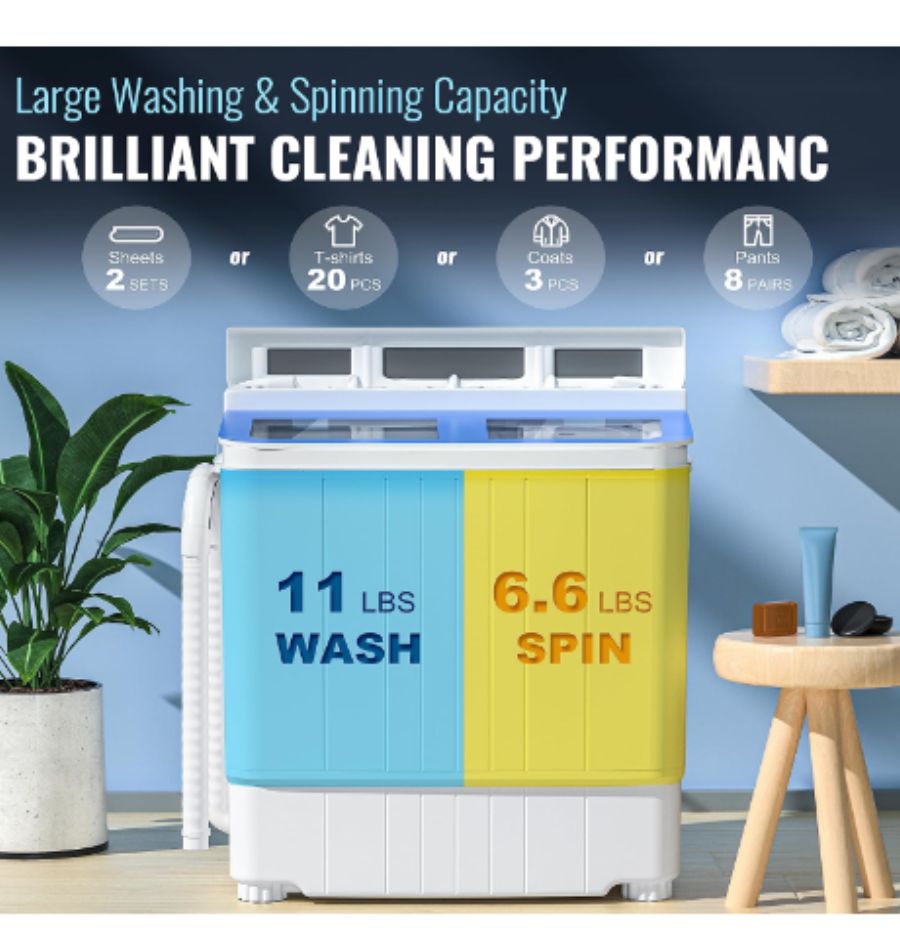
3. Features to Consider When Choosing Portable Units:
- Capacity: Portable washers and dryers come in various capacities to accommodate different laundry loads. It’s essential to consider the size of your household and your typical laundry needs when selecting the appropriate capacity.
- Washing and Drying Cycles: Look for units that offer a range of washing and drying cycles to handle different types of fabrics and soil levels effectively. Adjustable settings such as water temperature and spin speed provide additional flexibility and customization.
- Portability Features: Consider the portability features of the units, such as built-in handles, lightweight construction, and wheels for easy maneuverability. These features enhance the convenience of transporting the appliances when needed.
- Energy Efficiency Ratings: Pay attention to energy efficiency ratings and certifications such as ENERGY STAR, which indicate the appliance’s energy-saving capabilities. Choosing energy-efficient models not only reduces operating costs but also minimizes environmental impact.
- Noise Level: Evaluate the noise level produced by the portable washer and dryer during operation, particularly if you plan to use them in living spaces where noise can be a concern. Opt for units with quiet operation to maintain a peaceful environment.
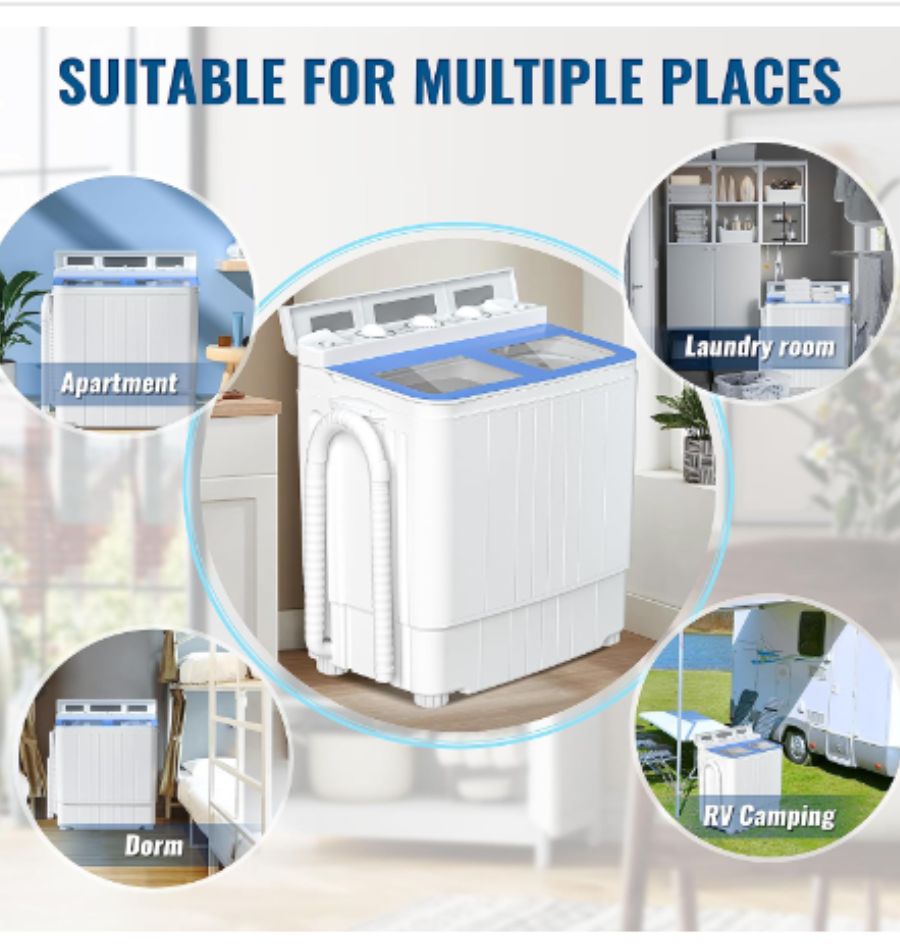
4. Practical Applications and User Scenarios:
- Urban Living: Portable washers and dryers are highly sought after by urban dwellers living in apartments or condominiums with limited space. These compact appliances allow city residents to enjoy the convenience of in-home laundry without sacrificing valuable square footage.
- Travel and Recreation: For travelers, RV owners, and outdoor enthusiasts, portable laundry appliances offer the convenience of washing and drying clothes on the go. Compact and lightweight, these units are well-suited for mobile lifestyles, ensuring clean clothes are always within reach.
- Temporary Residences: Individuals residing in temporary or transitional housing arrangements, such as dormitories, rental properties, or vacation homes, can benefit from the portability and easy setup of these appliances. They provide a convenient laundry solution without the need for permanent installations.
- Small Businesses: Certain small businesses, such as bed and breakfasts, Airbnb hosts, and boutique hotels, can integrate portable washers and dryers into their operations to offer added convenience to guests. These compact appliances can help businesses streamline laundry processes without requiring significant space or investment.
5. Maintenance and Care Tips:
- Regular Cleaning: Maintain the cleanliness of the portable washer and dryer by periodically wiping down the interior and exterior surfaces. Remove lint, debris, and detergent residues to prevent odors and ensure optimal performance.
- Inspect Hoses and Connections: Check the water inlet hoses and electrical connections regularly for any signs of wear, damage, or leaks. Replace damaged components promptly to prevent potential water damage or electrical hazards.
- Ventilation and Airflow: Ensure proper ventilation for vented dryers to facilitate efficient drying and prevent overheating. Keep the dryer vent clean and unobstructed to promote adequate airflow and reduce the risk of fire hazards.
- Follow Manufacturer’s Instructions: Adhere to the manufacturer’s guidelines and instructions for operating, maintaining, and troubleshooting the portable washer and dryer. Familiarize yourself with recommended maintenance practices and safety precautions to prolong the lifespan of the appliances.
Portable Washer and Dryer FAQs
- What are a portable washer and dryer?
- A portable washer and dryer is a compact laundry solution designed for small living spaces or situations where traditional laundry facilities are not available. These units are smaller in size compared to standard washers and dryers and are typically lightweight and easy to move around.
- How do portable washers and dryers work?
- Portable washers and dryers typically work by hooking up to a water source, such as a sink faucet, and they use agitators or rotating drums to wash clothes. Portable dryers work by blowing hot air through the clothes to dry them, similar to traditional dryers but on a smaller scale. Some portable washers and dryers are combined into a single unit, while others are standalone machines.
- Are portable washers and dryers efficient?
- Portable washers and dryers can be efficient in terms of water and energy usage, especially compared to larger, traditional machines. However, their smaller size means they may not be as efficient at handling larger loads of laundry. It’s essential to follow the manufacturer’s instructions for optimal efficiency.
- What are the advantages of using a portable washer and dryer?
- Space-saving: Ideal for small apartments, RVs, dorms, or vacation homes where space is limited.
- Convenience: Can be easily moved and set up wherever there’s access to water and electricity.
- Cost-effective: Generally more affordable to purchase and operate than standard-sized machines.
- Environmentally friendly: Tend to use less water and energy than larger machines, reducing environmental impact.
- Are portable washers and dryers suitable for all types of laundry?
- Portable washers and dryers are suitable for most everyday laundry needs, including clothes, towels, and linens. However, their smaller capacity means they may not be ideal for large items like comforters or bulky items like heavy coats. It’s essential to check the specifications and recommendations of each model for specific laundry requirements.
- Can I use a portable washer and dryer in my apartment or rental property?
- In most cases, yes. Portable washers and dryers are designed to be versatile and can typically be used in apartments, rental properties, RVs, and other living spaces where traditional laundry facilities may not be available. However, it’s always a good idea to check with your landlord or property management company before installing any appliances.
- How do I maintain a portable washer and dryer?
- Regular maintenance is essential to ensure optimal performance and longevity of your portable washer and dryer. This includes cleaning the interior of the machines, checking hoses and connections for leaks or damage, and following any specific maintenance instructions provided by the manufacturer. Additionally, it’s crucial to empty lint traps and filters regularly in portable dryers to prevent buildup and maintain efficiency.
- Can I connect a portable washer and dryer to my existing plumbing and electrical setup?
- Portable washers and dryers are designed to be easy to set up and typically come with adapters and connectors to hook up to standard faucets and electrical outlets. However, it’s essential to ensure that your plumbing and electrical systems are compatible and meet any specific requirements outlined in the product’s instructions. If you’re unsure, consult a professional plumber or electrician for assistance.
Conclusion:
Portable washers and dryers have emerged as indispensable solutions for modern living, offering convenience, efficiency, and flexibility to users across various lifestyles and living arrangements. Whether in urban apartments, recreational vehicles, temporary residences, or small businesses, these compact appliances provide the convenience of in-home laundry without the space constraints of traditional setups. By understanding their features, benefits, and maintenance requirements, individuals can fully leverage the transformative power of portable laundry appliances in their daily lives.

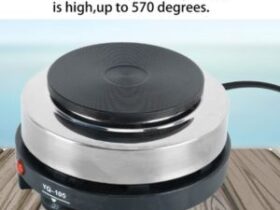
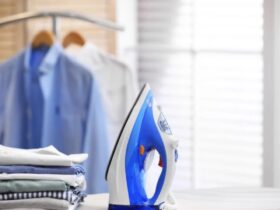
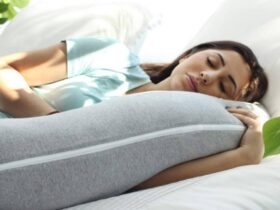
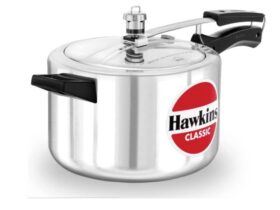
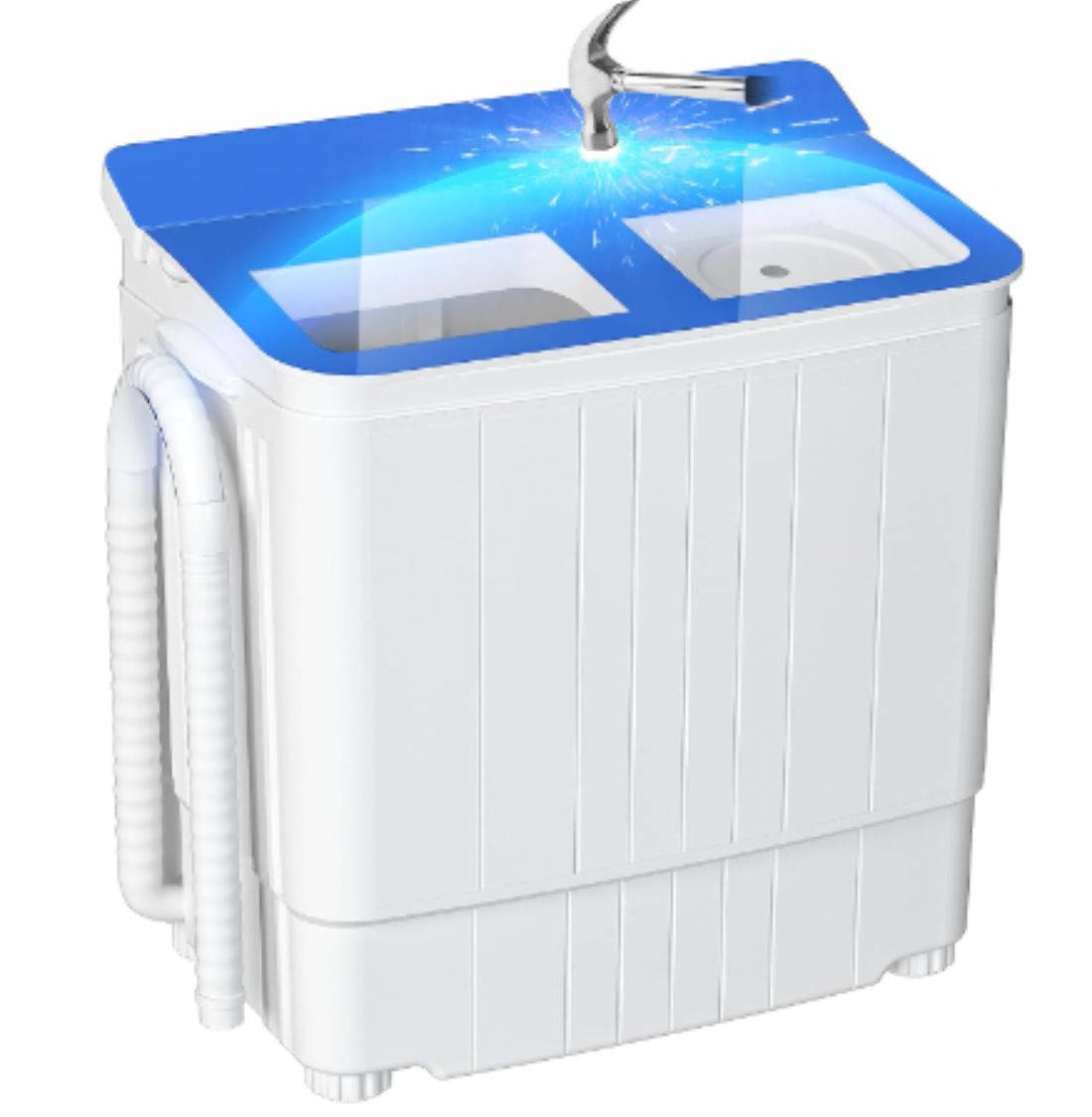
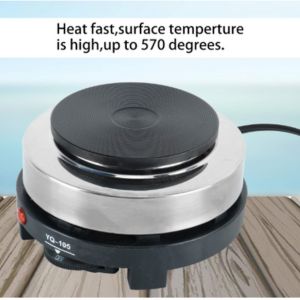
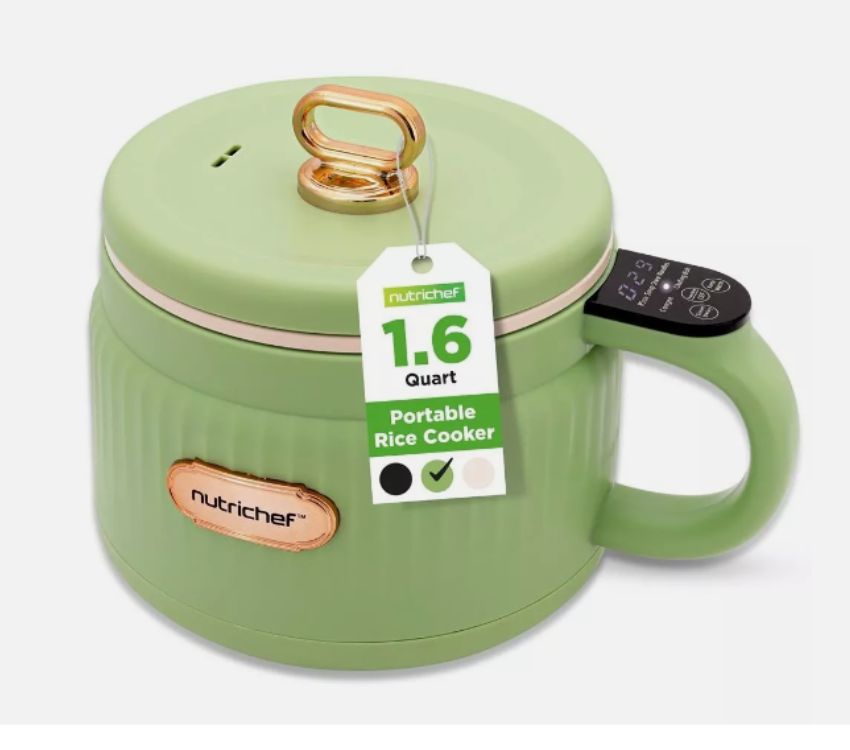
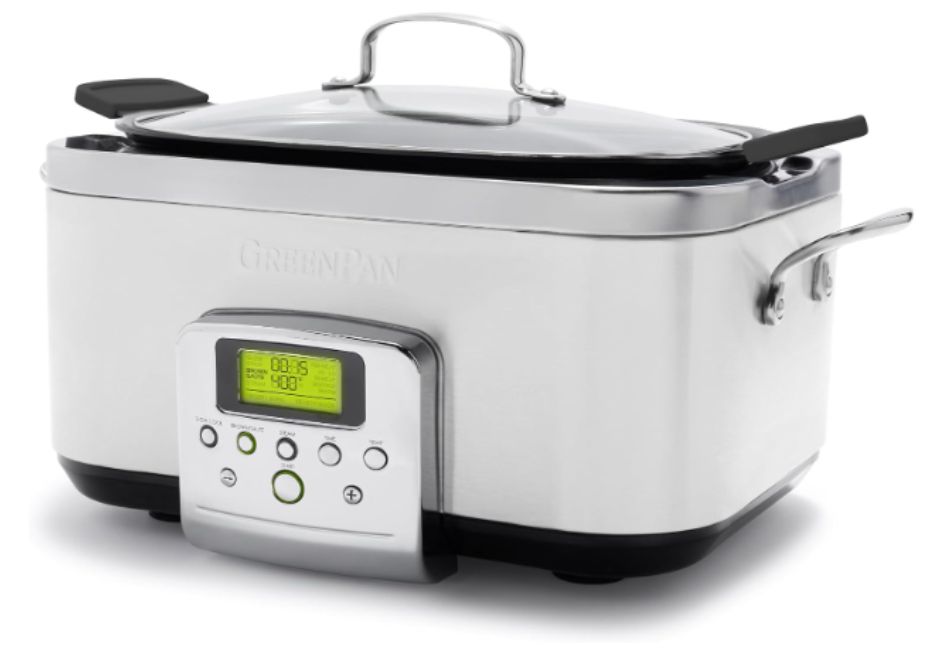
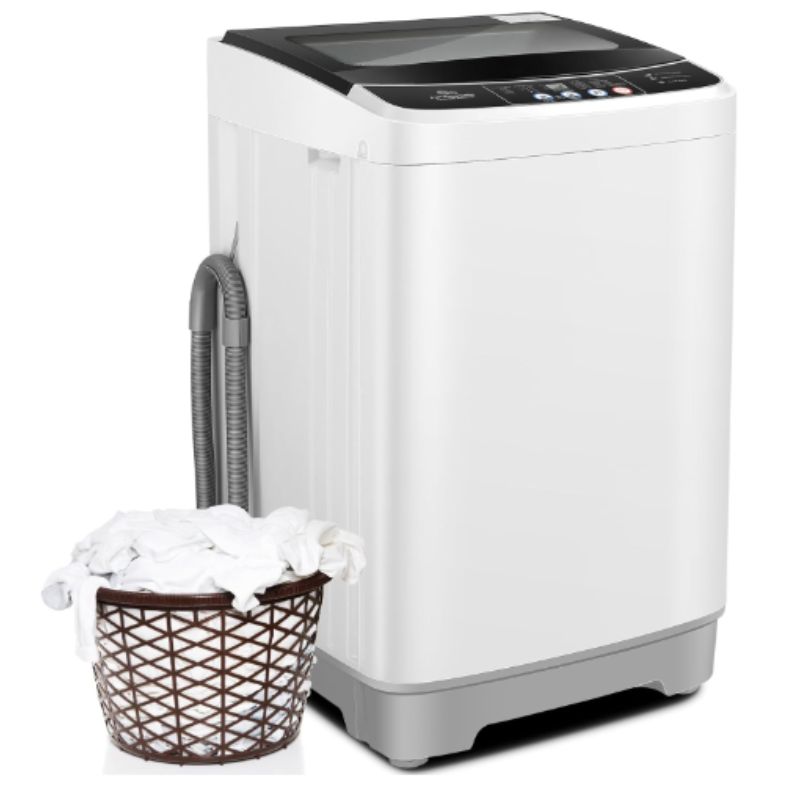
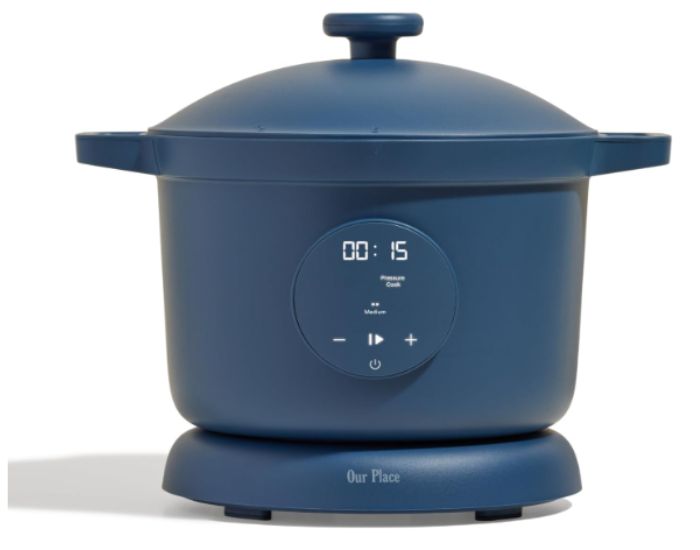
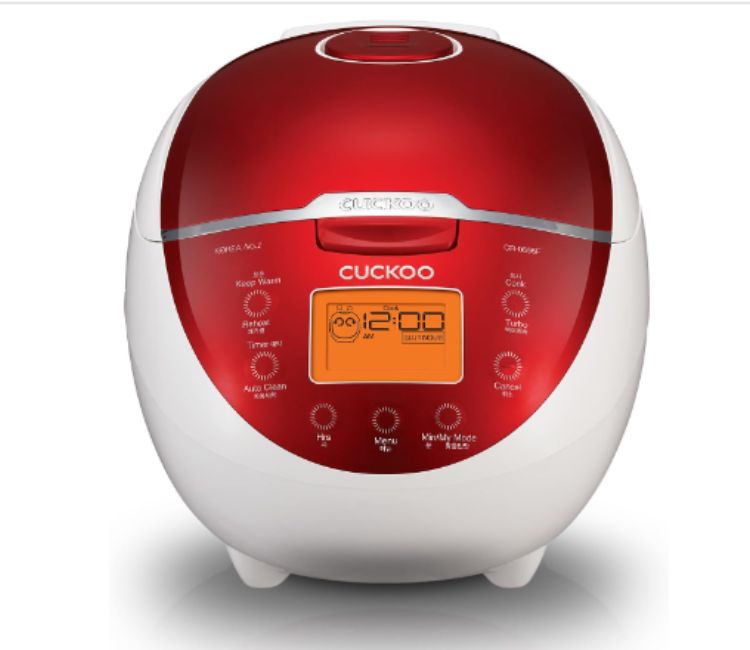
Leave a Reply